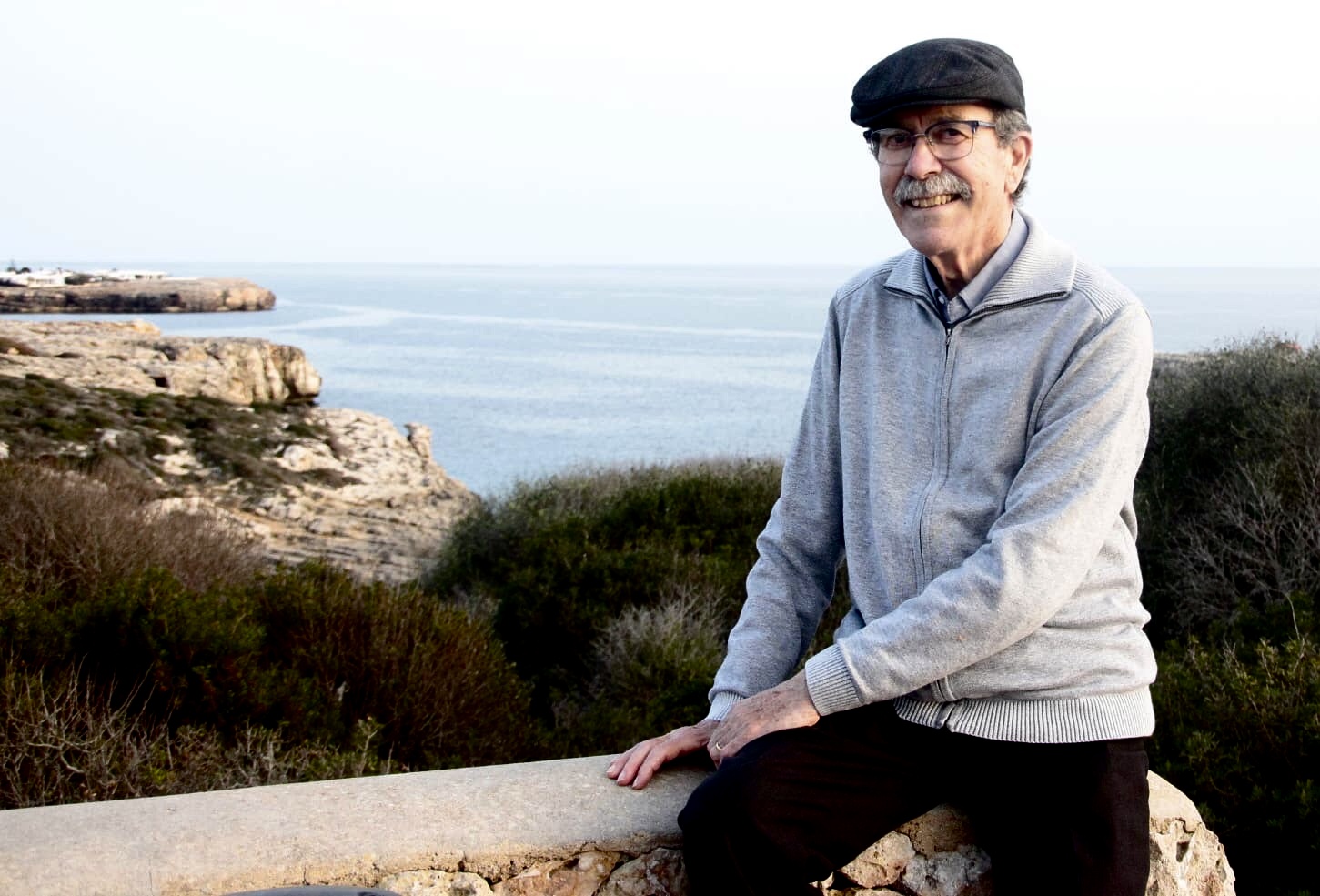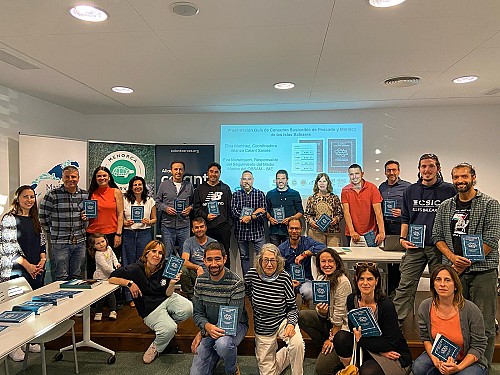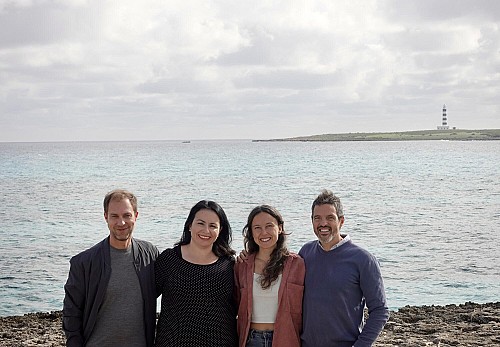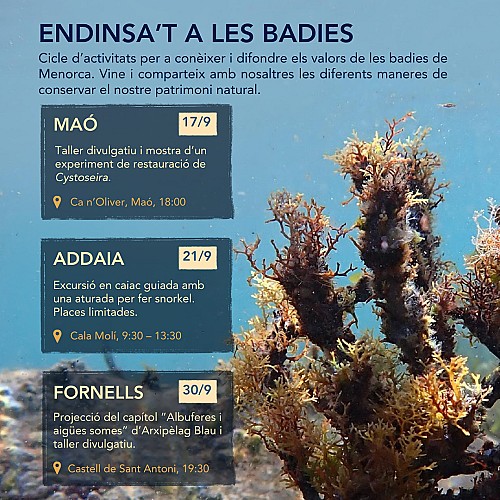"The fishers are aware that the better the marine environment is conserved, the more favourable the results of their catches will be"
Published 14.05.2024
Share

Antoni Olives Camps (Sant Climent, Menorca, 1945) is a chronicler of Menorcan life. He has published an article in Es Diari Menorca every week for the past 13 years. His latest book – Pescadors i mariscadors (Fishermen and Seafood Collectors) – is a compilation of 40 articles on fishing and marine life on the island and is published by Marilles Foundation and Es Diari Menorca.
What is your relationship with the sea and with fishing?
My relationship with the sea goes back to my childhood and adolescence. I lived near the sea with my parents and sometimes I used to go with my father to fish for oblades (Oblada melanura) or rockfish with a rod. I had also gone fishing with my uncle in a tèquina [a small flat-bottomed boat without a keel]. Later, I went with a friend with a 36-foot lute. With this friend we faced a bad storm, risking our lives to save the lute moored in a cove in the south. It was a reckless decision, although we were not aware of it at the time.
How did the book project come about?
I’ve written for several sections of Es Diari Menorca, the Menorca daily newspaper. The first was De ca nostra(From home), a column dedicated to local produce, especially the wineries or small wineries that existed at the time. I also wrote another column Llocs i pagesos (Places and farmers). Over four years, I visited 200 llocs [agricultural and livestock farms] in Menorca, collecting information about each farming family and their work. Then there was the column Artisans of Menorca, which I used to share all the information I had collected by visiting 100 artisans. Satisfied with these, I decided on Pescadors i mariscadors (Fishermen and Seafood Collectors )with the same objective: to get to know and make known the life of the protagonists.
Without this work, many of the stories you have witnessed would probably be forgotten. Is it a contribution to the history of fishing in Menorca?
This is my aim. I met friends and other people who followed my writings and who kept all the pages of my reports. So I thought that, in order not to lose all this information, the best thing to do was to publish it in a book.
Do you think that the fishing and shellfishing sector engages in marine conservation? What could be improved?
I have seen on both sides that they are fully involved in marine conservation. As professionals with a good knowledge of the sea, they are conscious that the better the marine environment is conserved, the more favourable the results of their catches will be.
Can you tell us about a story in the book that has had a particular impact on you or that you particularly remember?
I was impressed by the story of a fisherman who put his life on the line without a moment's thought to rescue a sailor from the Francina, which, coming from Liberia, had run aground on some rocks north of Ciutadella in 1975. Another fisherman told me that on one occasion he suddenly found himself surrounded by four waterspouts, and he managed to get out by passing between two large whirlpools.
There are fishing arts related to traditions of eating that are very specific to each island. In Mallorca, they catch dolphinfish (Coryphaena hippurus), a fish that is not eaten in Menorca. In Menorca, in contrast, it is common to eat Mediterranean snakelocks or sea anemone (Anemonia sulcata). How do you fish for them?
It is true that Menorca does not catch dolphinfish. Some fishers have told me that they don't get them in advance because there is little demand. On the other hand, Anemonia Sulcata are highly prized in Menorca. Shellfishers gather them with a simple fork and pluck them from the rocks.
How do you assess the state of the fishing sector in Menorca?
I have discovered that it is a sector in which professionals have mutual respect; they help each other as much as they can. As far as product consumption is concerned, local produce is highly valued in Menorca. In the afternoons, when the trawlers arrive at the port of Maó, there is a queue at the fish market to buy freshly caught fish.
What do you think of the future that awaits it?
I see the future of professional fishing increasingly uncertain. There is no generational replacement, which means that there will be fewer and fewer professional fishers.
After the publication of this book, would you repeat the experience with fishers from other islands?
It is a challenge that I would like to be able to carry out, a goal to be achieved!
QUICK TEST FOR SEA LOVERS
A book: The Pillars of the Earth, by Ken Follet.
An image that evokes the Balearics: Watching the sun rise and set over the horizon. That is a privilege we have on our islands.
A marine species: The dolphin.
A person or organisation of reference: Martin Luther King.
A beach: Pregonda (Menorca).
Optimistic, realistic, or pessimistic: Realistic.




